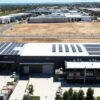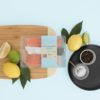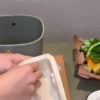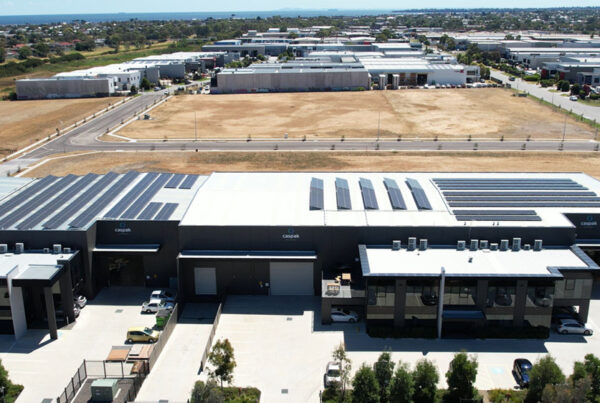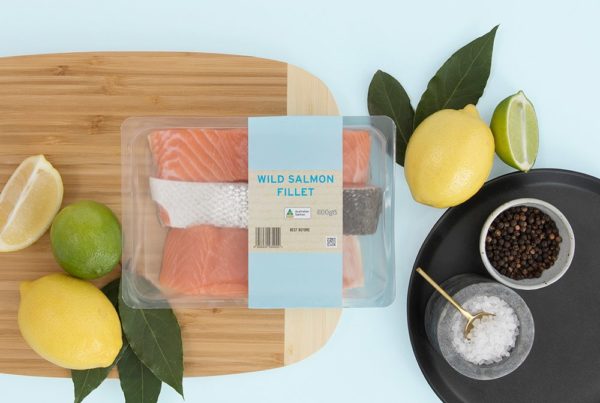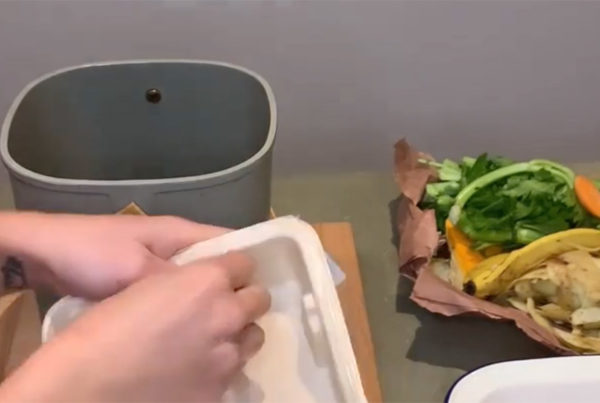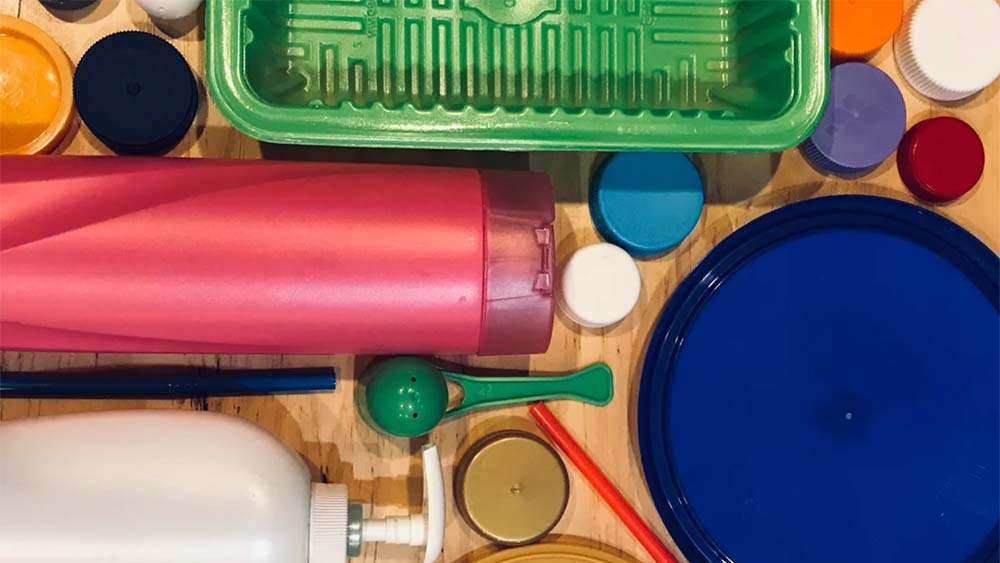
As advocates for the circular economy and active members of REDCycle, APCO and ASPIRE, seeing how companies are innovating to keep plastic out of landfill and create an extended lifecycle is an inspiration to our team. It helps us to continue our own innovation and work to increase the use of recyclable product packaging. This is the first in a series of posts highlighting creative ideas and businesses committed to embracing the circular economy.
Whilst there are many stories of recycling plastic into functional items, plastic can be reused to add colour and joy to lives, and make people feel that they’re making better choices – something that consumers are increasingly trying to do.
One accidental success story of turning trash into treasure is Single Use Multiverse, a Victorian-based jewellery business founded by fashion designer Jessica Yorsten, just as the global pandemic began in March 2020.
A former fashion designer, Jessica and her husband decided on a tree changed and moved to Blackwood, a small township around 100kms North-West of Melbourne.
Whilst she maintained her connection to the fashion industry by creating custom-made pieces for locals, she had intended to leave that world behind. She certainly hadn’t intended to create a successful jewellery business.
With an interest in sustainability, she was concerned about the plastic that we threw away and started playing around with a technique to transform discarded plastic food packaging into something functional and fun.
“It was the classic cliché,” says Jessica. “I made myself a pair of earrings and wore them to playgroup one day and all the Mums asked me where I got them from!” And that’s how Single Use Multiverse was born.
Since then, the business has scaled dramatically with her pieces selling online on her own site and sites like online B Corp retailer biome, in around 40 stores across Australia, and in stores in Singapore, the UK, Israel and the US. What started with one experimental pair of earrings has grown to a range selling around 200 – 300 pieces a week, popular with a vast array of people in Australia and the world.
Having started the project by experimenting and developing her own unique technique for melting the plastic and then turning it into sheets, Jessica has now expanded her operations beyond hand cutting each piece, purchasing a laser cutter to help with the task.
And she has now outsourced some of the production to a local company that melts and injection moulds the plastic into designs Jessica has created, using her colour direction.
She’s also considering procuring her raw materials from Precious Plastic, a Melbourne company that washes and shreds plastic, the most time-consuming part of her production process. And a potential solution to the increased volume of materials she will need as the business grows.
“I currently source most of the plastic from my local community, with people just leaving bags of it at the top of my driveway. I’ve even had people post it to me from overseas.”
The plastic she uses in her production is predominantly two, four and five, the symbols found inside the triangle on recyclable plastics. Her raw materials include items like bottle tops, play doh lids, baby formula lids and meat trays.
She’s also experimenting with new techniques all the time to incorporate different types of plastic, such as soft plastics and clear plastics.
With the unexpected success of Single Use Multiverse over the last two years, Jessica has created a more strategic plan for the future, including the possibility of building a workshop on their property and employing a team.
By focusing on a circular approach to products and packaging, we can vastly reduce the negative impact our products have on the planet. And, as Jessica has shown, the end result can be fun.
Visit Single Use Multiverse to see all Jessica’s designs.


